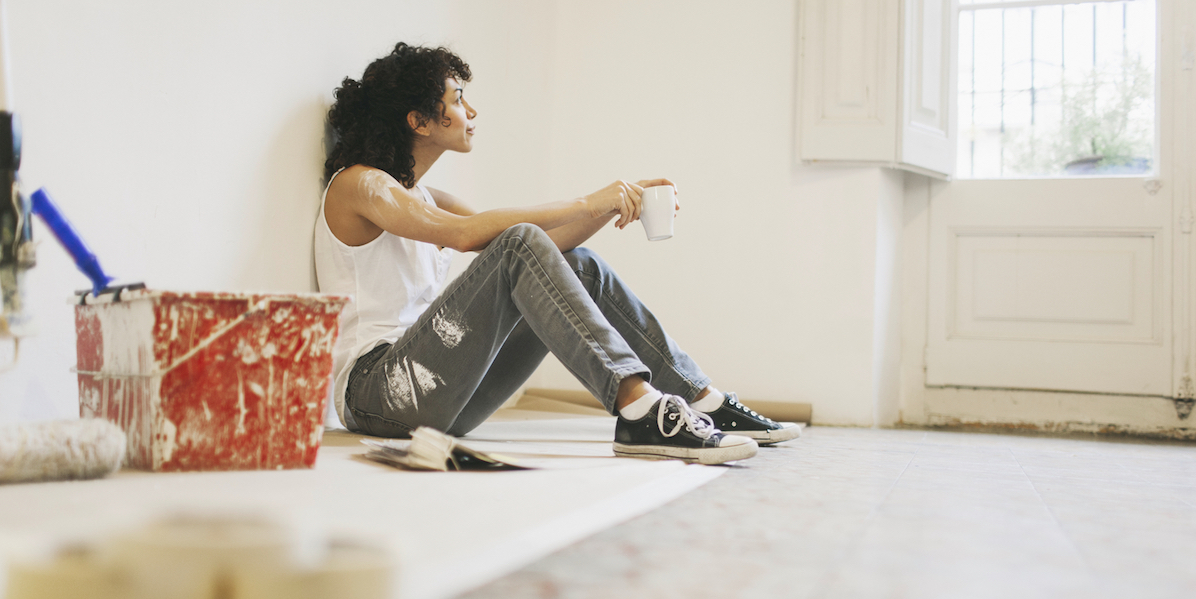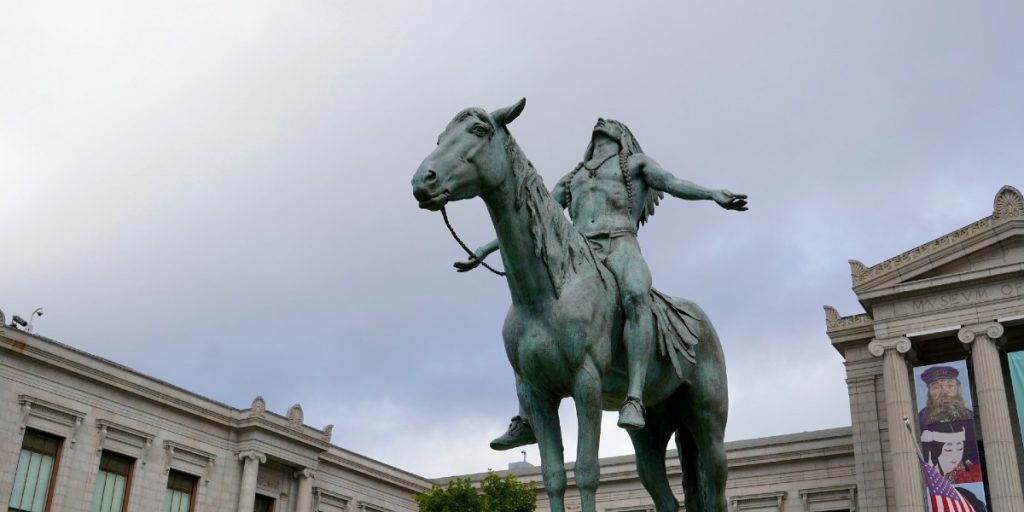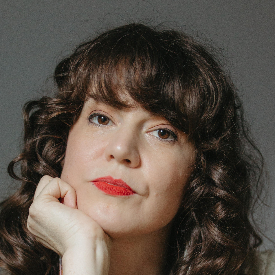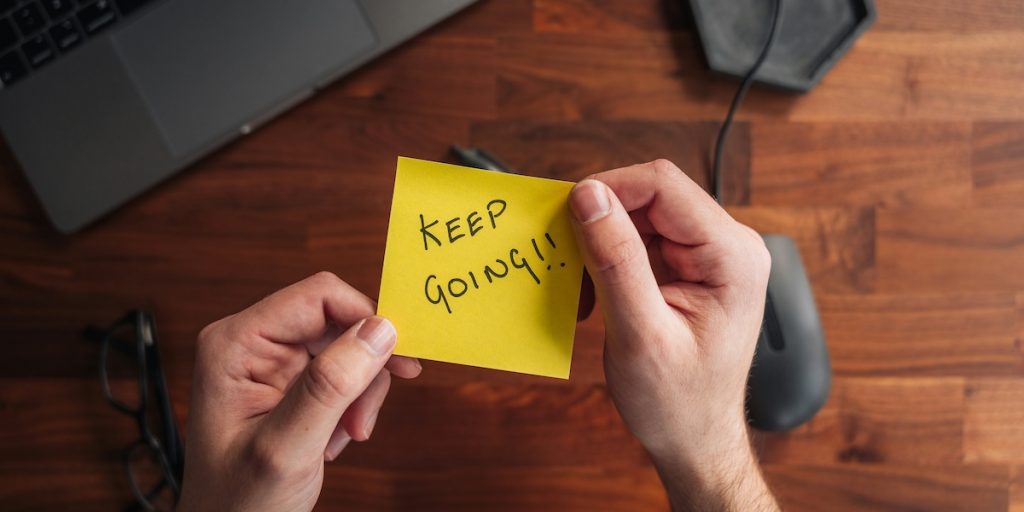Has your boss been talking about groundbreaking new solutions? Creative disruptors? Innovators? As it turns out, the thing CEOs are looking for is, “above everything else, creativity,” says happiness researcher Emma Seppälä. But, as Seppälä told fellow psychologist Anett Gyurak in a Heleo Conversation last month, all the stress in our working lives is having the opposite effect. If we want to be more creative, we have to rethink our high-intensity, high-stress approach.
“If you look at the research, creativity comes up when you’re in a state of complete relaxation. For example, that’s why you might have a great idea in the shower or right before going to sleep when you’re in a really mellow place. When the brain is in delta wave mode, that’s when we’re at our most innovative,” Seppälä says.
Compare this to an actual day on the job, and the differences jump out immediately. Seppälä points out that we often think that “you can’t have success without stress” and tend to look at being stressed-out as just part of the process. “That’s one of the reasons that so many people feel like they need to over caffeinate, over schedule themselves, wait till the last minute to get things done. There’s a sense that I can’t get through my day if I don’t have a little bit of that stress. There is such a thing as good stress. It’s what gets you through that deadline, or gets you across the street if there’s oncoming traffic. It mobilizes all of your resources, your immune system, your ability to focus and concentrate. However, when that builds over time, chronic stress starts to deplete our system, and that’s what leads to burnout.”
Even though the causes of these rushed and focused feelings can’t always be avoided, it’s important to recognize how big a part our minds play in how we react. “We can’t change how much pressure’s coming at us — whether it’s professional or even personal,” Seppälä notes. “You have kids, you have loans, you have all sorts of things to deal with. But the one thing we can do something about is the state of our mind.”
Letting go of some of that stress can open up mental space for creativity. Seppälä adds, “It’s not saying that we should completely be on vacation all the time, but there are some ways that we can be resilient in the face of incoming demands.”
“If you look at human beings, we’re the only mammals who stopped playing when we reached adulthood. You’ll see it with a cat or dog; they won’t stop playing. If you look at the research, taking time to actually be idle, taking time to read outside your field, to do things that are fun, to be playful, those are all ways that we can boost our creativity.”





























